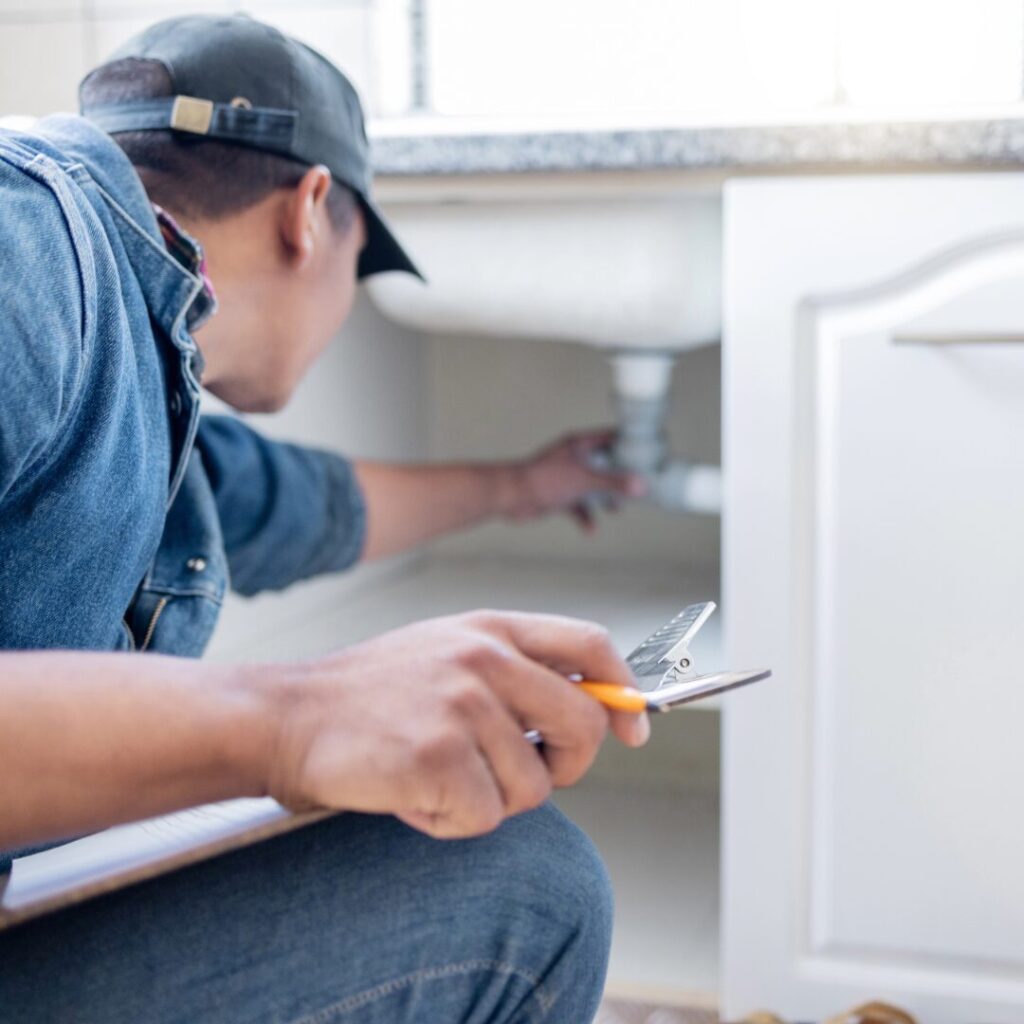In the hustle and bustle of everyday life, it’s easy to overlook the intricate network of pipes and fixtures that keep our homes running smoothly. However, just like any other system in your home, your plumbing requires regular attention and maintenance to prevent costly issues down the line. This is where plumbing inspections come into play. But what exactly do they entail, and are they truly necessary?
What is a Plumbing Inspection?
A plumbing inspection is a thorough assessment of your home’s plumbing system, conducted by a licensed plumber. During the inspection, a Biard and Crockett plumber will examine various components of your plumbing, including pipes, fixtures, drains, and water heaters, to ensure everything is in proper working order. They will also check for signs of leaks, corrosion, clogs, and other potential issues that could lead to water damage or plumbing emergencies.
What Does a Plumbing Inspection Entail?
During a plumbing inspection, the plumber will perform several key tasks to assess the condition of your plumbing system. This may include:
Checking for Leaks: When a Biard & Crockett plumber checks for leaks, they meticulously examine all visible pipes and fixtures, paying close attention to dripping faucets, damp spots on walls or ceilings, and any water stains. This thorough inspection helps to detect even the smallest leaks that could potentially lead to significant water damage if left unchecked.
Testing Water Pressure: When testing water pressure, a Biard and Crockett plumber ensures that your plumbing system operates efficiently by evaluating the water pressure throughout your home. Proper water pressure is crucial for various household tasks, from showering to washing dishes, so maintaining it within the optimal range is essential for your comfort and convenience.
Inspecting Drains: By examining all drains, including sinks, showers, and toilets, the plumber can identify any potential blockages or clogs that may impede proper drainage. Addressing these issues early on helps to avoid costly repairs and ensures that your plumbing system functions smoothly.
Examining Water Heater: The examination of the water heater is vital, as it is a central component of your plumbing system. The plumber thoroughly inspects the water heater for signs of leaks, corrosion, or malfunction, ensuring that it operates efficiently and reliably. This proactive approach helps to prevent unexpected breakdowns and extends the lifespan of your water heater.
Checking for Signs of Corrosion: Corrosion can weaken pipes and lead to leaks and water damage. By inspecting all visible pipes for signs of corrosion and deterioration, the plumber can identify potential issues early on and recommend repairs or replacements as needed. This proactive approach helps to prevent costly repairs and ensures the longevity of your plumbing system.
Is a Plumbing Inspection Necessary?
Regular plumbing inspections are not just a luxury but a necessity for maintaining the health and longevity of your plumbing system. Putting off inspections may seem tempting, especially when everything appears to be functioning fine. However, these routine checks serve as preventive maintenance measures, allowing you to catch small issues before they escalate into major problems. Don’t wait until you have a plumbing emergency – take the necessary steps to protect your investment and enjoy peace of mind knowing that your plumbing system is in good hands. Schedule a plumbing inspection today by calling Biard and Crockett at (714) 602-1299 and reap the benefits of a well-maintained home for years to come.

